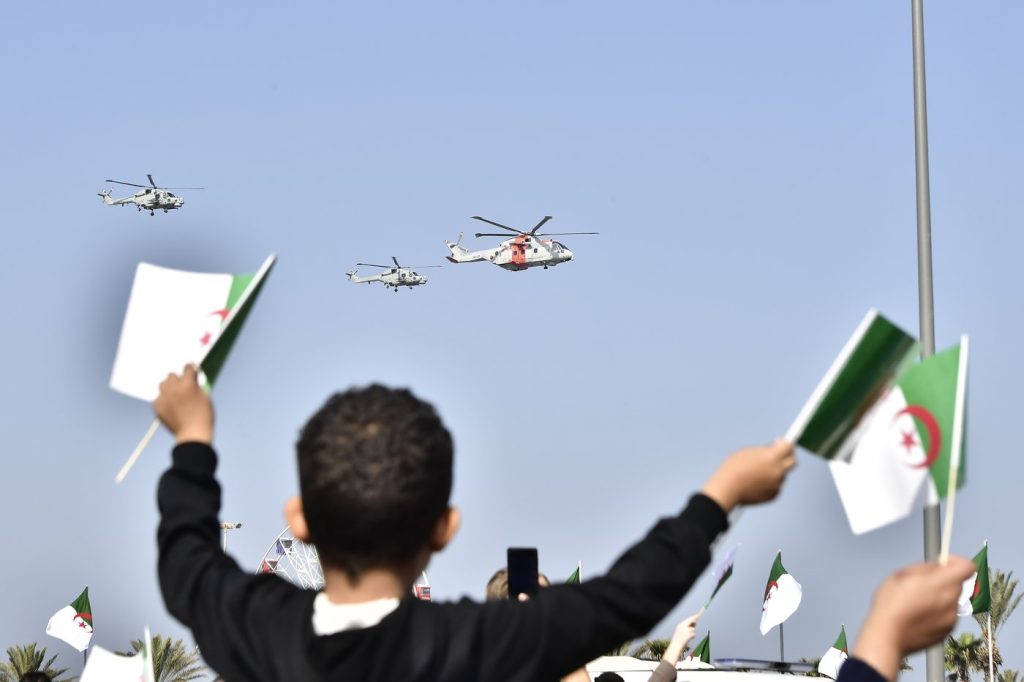ALGIERS (AP) - The Algerian government has proposed a new law aimed at streamlining military mobilization in response to rising tensions with neighboring countries, including Morocco and Mali, as well as its historical adversary, France. The draft legislation is set to be presented on Wednesday by the Minister of Justice after receiving approval from government ministers earlier this month.
Relations between Algeria and France have significantly deteriorated following France's shift in position last summer, where it opted to support Morocco's autonomy plan for the disputed territory of Western Sahara. This move has sparked outrage in Algeria, as the pro-independence Polisario Front, which claims Western Sahara, receives backing from Algiers and operates from refugee camps located in southeastern Algeria.
The debate surrounding the proposed general mobilization law occurs against the backdrop of increased military activity in Algeria. Army Chief of Staff Said Changriha has been conducting tours of military regions near the borders, particularly focusing on military maneuvers in these sensitive areas. Recently, Algeria announced that it had shot down a military drone near its border with Mali, marking a significant incident amidst growing tensions between the two nations that control large portions of the Sahara Desert.
The draft law aims to clarify the provisions for organizing, preparing, and implementing general mobilization, as outlined in Article 99 of the Algerian Constitution. This article authorizes the mobilization of the nation's forces in the event of a major crisis. However, the proposal has raised concerns among ordinary Algerians. Many are apprehensive about the implications of the law, especially in light of recent border incidents.
Social media reactions reflect this anxiety. Aziza Sahoui, a retired teacher, expressed her confusion and worry about the motivations behind the proposed legislation. Her concerns are particularly pronounced following the incursion of a Malian drone into Algerian territory, which has only added to the sense of insecurity among the populace.
The proposed law, while aimed at bolstering military preparedness, may further contribute to the existing tension in the region. The situation remains fluid, and the implications of such legislation could resonate beyond Algeria's borders, potentially affecting its relations with both Morocco and Mali, as well as its historical ties with France.
As the government prepares to unveil the draft law, it remains to be seen how it will be received by the public and what impact it will have on Algeria's military policy moving forward.











